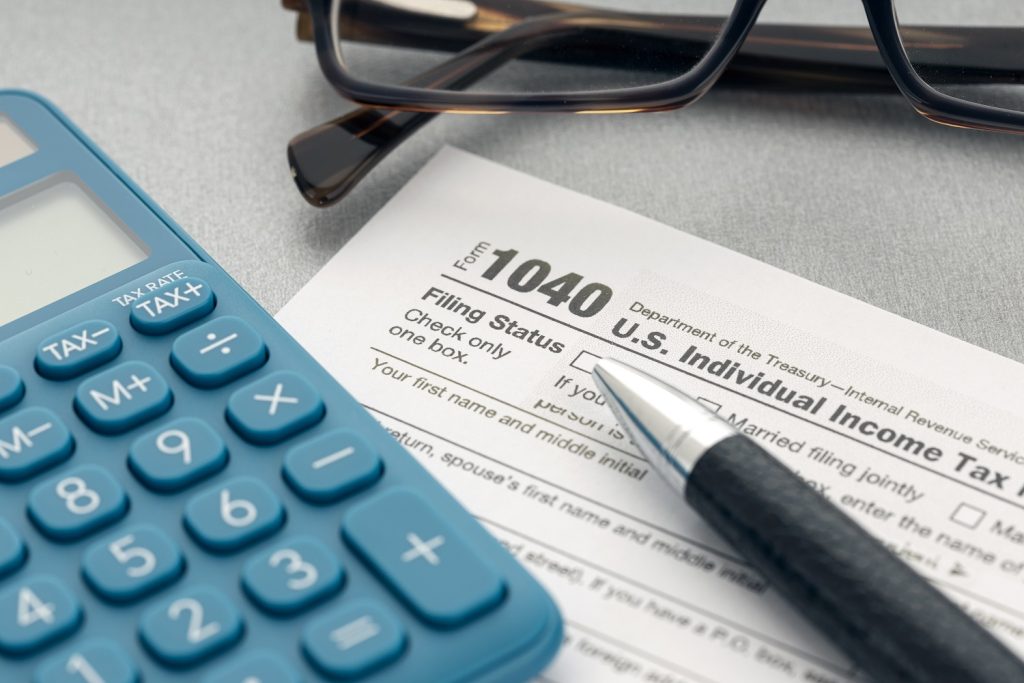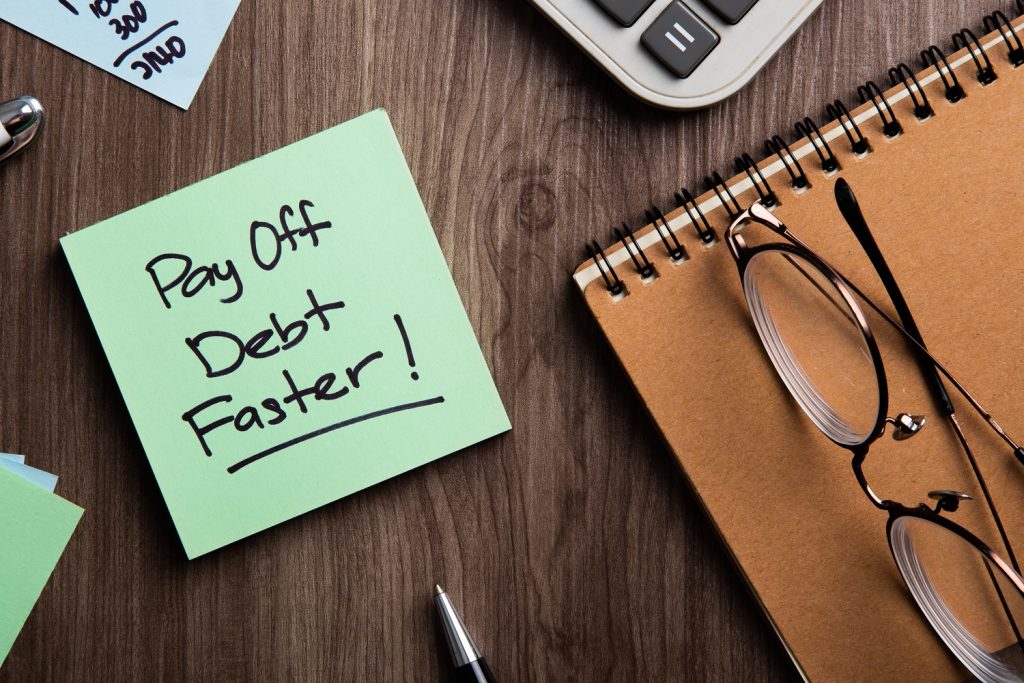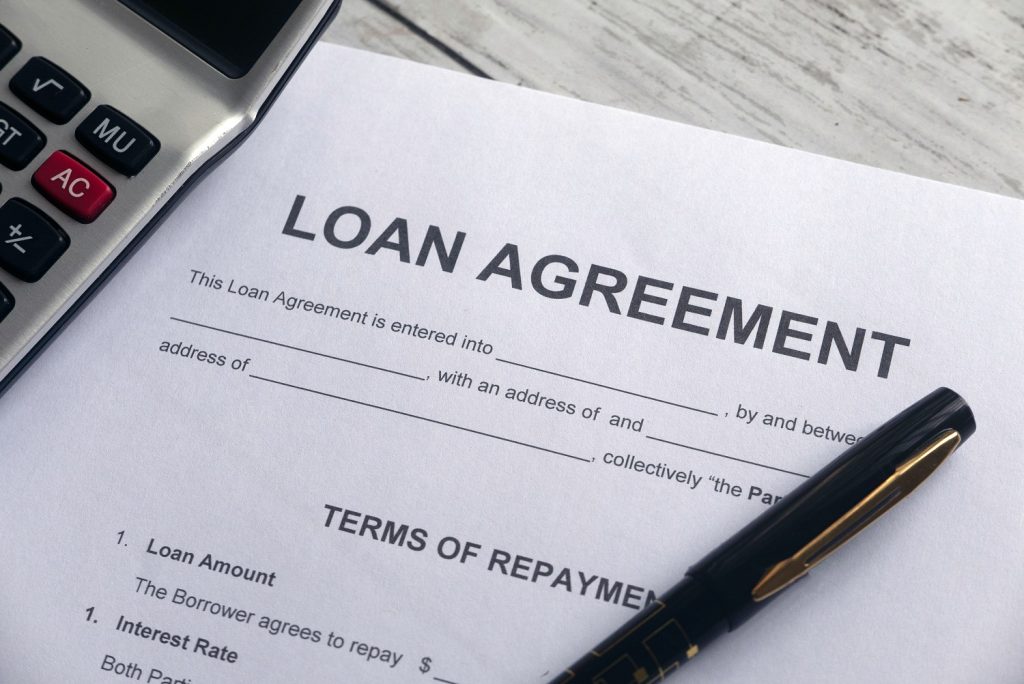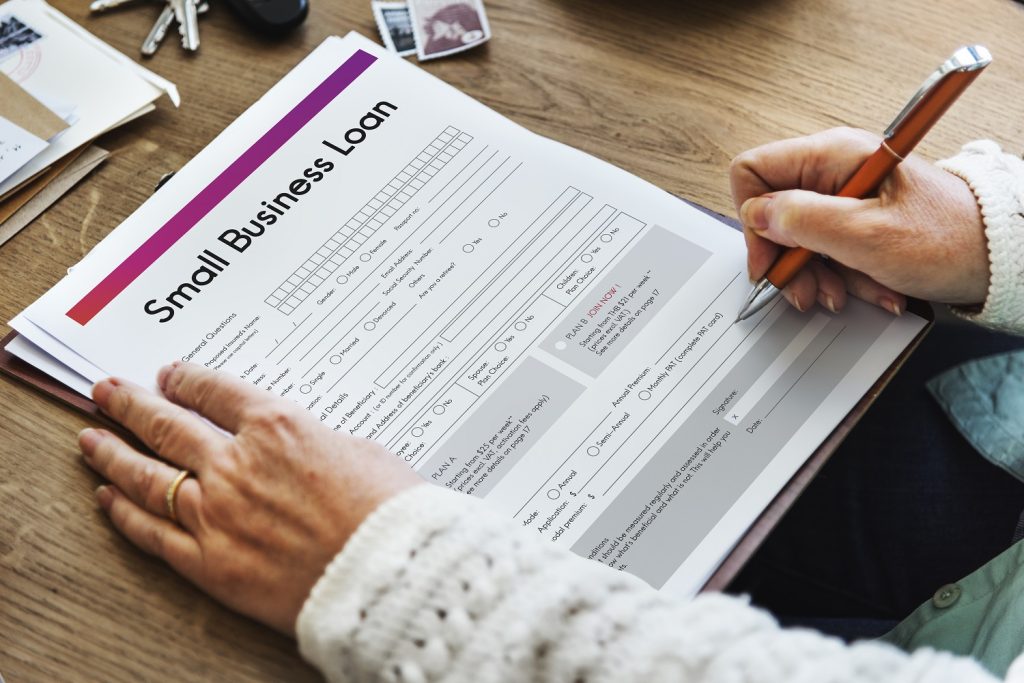The payment of taxes can be one of the most stressful and anxiety-inducing experiences for any individual or business. For many individuals and businesses, the thought of having to pay taxes can be daunting and overwhelming.
Fortunately, technology has provided various payment options to make the payment of taxes easier and more convenient. One such payment option is the use of a credit card. Can you pay taxes with a credit card? This article will provide an in-depth look at the ability to pay taxes with a credit card and discuss the pros and cons associated with this payment option.
What Does The IRS Say?
The Internal Revenue Service (IRS) allows taxpayers to pay taxes with a credit card. This payment option is available to those who owe federal taxes, including individuals, businesses, estates, and trusts. Taxpayers can make payments to the IRS by using either a debit card or a credit card. However, the IRS does not accept payment of taxes by cash or check.
When paying taxes with a credit card, taxpayers must use an approved payment processor. These payment processors charge convenience fees for credit card payments. The fee varies depending on the payment processor, but is usually a percentage of the total payment amount. In addition, taxpayers must pay any interest or other fees charged by the credit card company for making the payment.
Advantages To Paying Taxes With A Credit Card?
There are several advantages to using a credit card to pay taxes. The most obvious advantage is convenience. Paying taxes with a credit card is quick and easy, and can be done from the comfort of one’s home. It also eliminates the need to make a trip to the IRS office or a tax preparer’s office. Additionally, taxpayers can take advantage of any rewards programs associated with the credit card. For example, some credit cards offer cash back rewards when used to make payments to the IRS.
Despite the advantages of using a credit card to pay taxes, there are also some disadvantages. The most notable disadvantage is that taxpayers may incur additional costs, such as convenience fees and interest charges. Additionally, taxpayers who use a credit card to pay taxes may not be able to take advantage of any existing payment plans or installment agreements with the IRS. Finally, taxpayers who use a credit card to pay taxes may not receive a refund as quickly as they would if they paid by check or money order.
Disadvantages To Paying Taxes With A Credit Card?
1. Service Fees: One of the biggest disadvantages of paying taxes with a credit card is the service fees associated with doing so. Most payment processors, such as Pay1040.com, charge a convenience fee for processing credit card payments. This fee ranges from 1.87%-2.35% of the payment amount, depending on the processor. This can add up to a significant amount, especially if you’re making a large payment.
2. Interest Charges: Another potential disadvantage of paying taxes with a credit card is the interest charges that may apply. Unless you pay off the balance in full, you will likely be charged interest on the amount you owe. Depending on your credit card’s interest rate and the length of time it takes you to pay off the balance, you could end up paying a significant amount in interest charges.
3. Credit Utilization: Paying taxes with a credit card can also affect your credit utilization ratio, which is the amount of available credit you are using compared to your total credit limit. A high utilization ratio is seen as a negative by lenders and can negatively affect your credit score.
4. Fraud Risk: Paying taxes with a credit card also comes with a risk of fraud. Most payment processors take measures to protect their customers from fraud and other security risks, but there is still a chance that your information could be compromised.
Final Thoughts
In conclusion, taxpayers can pay taxes with a credit card. This payment option is quick and convenient, and allows taxpayers to take advantage of any rewards programs associated with the credit card. However, there are some potential drawbacks to this payment option, including additional costs and a potential delay in receiving any refunds. Taxpayers should carefully consider all of their options before making the decision to pay taxes with a credit card.






